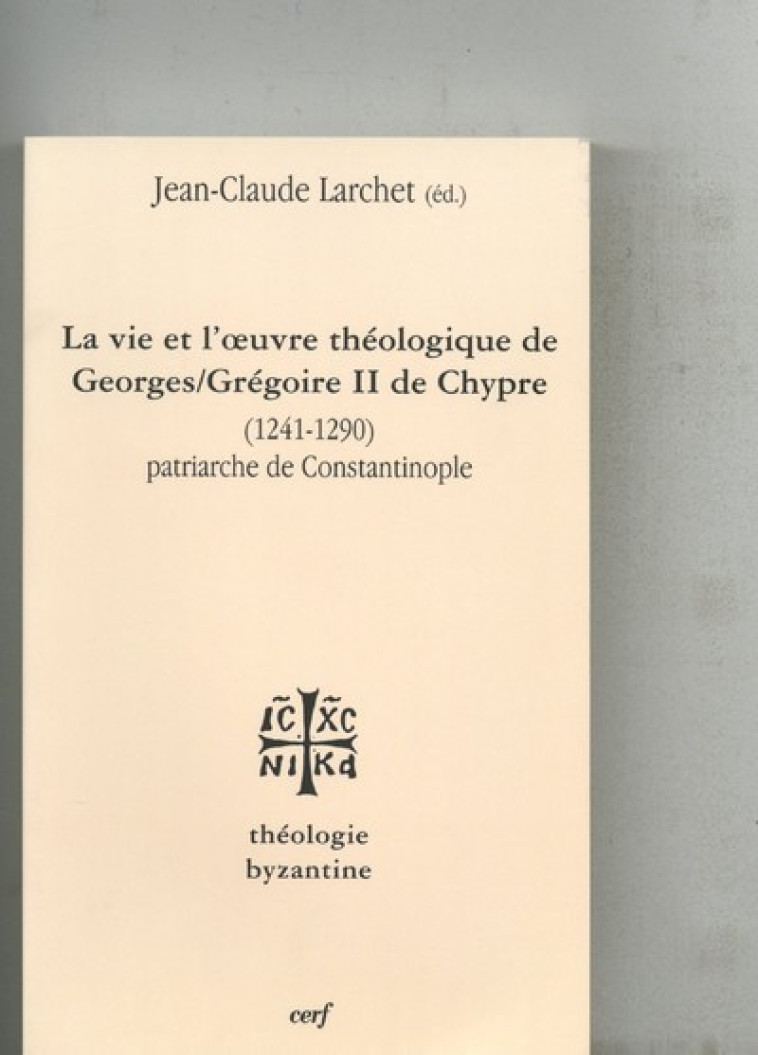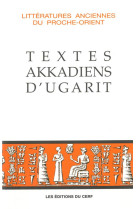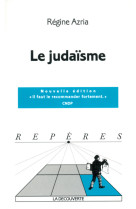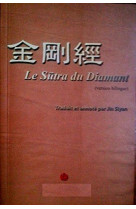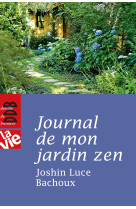La vie et l'uvre de georges/gregoire ii de chypre(1241-1290) patriarche de constantinople
Jean-claude larchet
--
Gregory of Cyprus (1241-1290), a brilliant Byzantine writer who became Patriarch of Constantinople between 1283 and 1289 under the title of ‘Gregory II', is still little-known in France: many brief articles have been devoted to him but he has not been the subject of an extensive study and none of his works have been translated into French. Yet his name often turns up in reflections on the question of Filioque, especially in the context of fundamental ecumenical debates whose aim is to find agreement between the Orthodox and the Catholic Churches, still deeply divided today on this subject. Gregory's thinking does indeed open up new perspectives, because while firmly refusing Latin filioquism (according to which the Spirit precedes the Son), he develops the idea of certain Greek Fathers - that the Holy Spirit comes from the Father through the Son - an interpretation that is acceptable to the Orthodox Church: that of a manifestation of the Spirit not only temporal (on the economic level) but eternal (on the theological level). This volume, the fruit of many years of work by specialists from diverse hori¬zons, fills a very real gap by offering several things: a precise and in-depth overview on the life, work and thinking of Gregory of Cyprus the first complete list of his works an exhaustive bibliography of studies devoted to him and a translation of his theological writings. In four out of five cases, they represent the first translations into a modern language. One of the most innovating aspects of this book is the publication, accompanied by a translation, of an important work of theology written by Gregory a short time before he became Patriarch. Unidentified until now, much of it has never been published: the Antirrhetic discourses. The most developed of all Gregory's writings, it not only reveals new aspects of his theological philosophy, but enlightens difficult texts of the great Fathers of the Church on a particularly delicate theme of Trinitarian theology.

